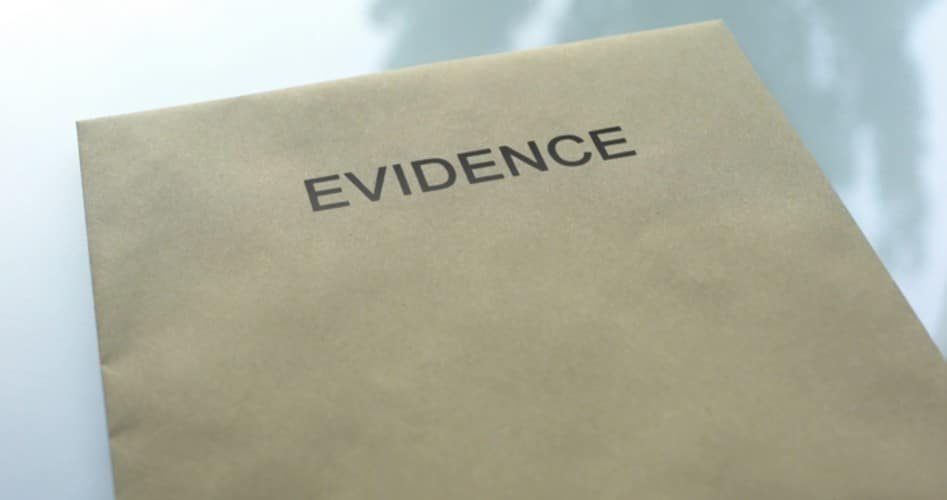
The final report of the Organization for the Prohibition of Chemical Weapons (OPCW) on the alleged chemical attack by the Syrian government in Douma, Syria, in April 2018 was doctored to remove evidence that Syria did not carry out a chemical attack, according to documents released earlier this week by WikiLeaks.
WikiLeaks was founded by Julian Assange in 2006, and has published around 10 million documents since that time, often challenging assertions made by various world governments including the United States.
OPCW was established by the Chemical Weapons Convention in 1992 for the stated purpose of prohibiting the use, stockpiling, and transfer of chemical weapons, but the WikiLeaks revelations raise concerns that the organization is advancing certain political agendas. A memorandum written in protest by one of the scientists dispatched to investigate the Douma attack, released by WikiLeaks, raises the serious question of whether the OPCW can be trusted to provide truthful and accurate information.
In a memo dated March 14, 2019, and addressed to OPCW Director General Fernando Arias, one of the OPCW scientists is charging that the conclusions about whether the Syrian government used chemical weapons in that nation’s long-running civil war had been altered to better fit that political agenda.
The author of the memo asserted that he was given the assignment of analyzing and assessing the two cylinders found on the scene of the alleged chemical attack. He stated that he undertook the task “in the understanding [he] was clearly the most qualified team member, having been to the location in Douma and because of [his] expertise in metallurgy, chemical engineering (including pressure vessel design), artillery and Defence R & D.”
But apparently the team member’s conclusions did not fit the narrative the OPCW wanted to establish. “In subsequent weeks I found that I was being excluded from the work, for reasons not made clear.” After asking frequently for updates on the progress of the final report so he could review the draft, he was turned down.
The final report was released on March 1, 2019, and the scientist wrote in the memo to Arias that the conclusions had been changed significantly. “At the conclusion of the in-country activities in Syrian Arab Republic, the consensus within the … team was that there were indications of serious inconsistencies in findings.” The conclusions were “turned completely in the opposite direction,” he added.
The scientist stated that he had no interest in “the political outcomes. My interest is in sound technical rigour; the science, engineering and facts will speak for themselves.”
In other words, while this expert was interested in the truth, based on the science, he is charging that the leadership of OPCW was more interested in a politically-driven conclusion that the Syrian government had used chemical weapons.
Rebel forces in Douma had accused the Syrian Army of using chemical weapons dropped from aircraft (the Syrian government had total air superiority in the civil war), an assertion supported by the United States, France, and Great Britain. This led to retaliatory strikes against Syrian government targets on April 14, 2018 by the three Western nations.
The original report disputed the likelihood of chemical weapons cylinders being dropped from aircraft.
Despite the insistence of the OPCW, the UN, and various western governments that Syria had used chemical weapons on rebel forces, and even civilians, this is not the first time that view has been challenged. Seymour Hersh, a Pulitzer-prize winning journalist, challenged the allegation in 2017 that the government of Bashar al-Assad had previously used chemical weapons, an allegation that led to President Donald Trump ordering the bombing of Syria in response.
“None of this makes any sense,” Hersh reported one U.S. officer saying upon hearing of the planned bombing raid on Syria. “We KNOW that there was no chemical attack.”
Hersh’s source was correct then that “none of this makes any sense,” and the WikiLeaks document release confirms the suspicions that the allegations of the use of chemical weapons by Assad are probably spurious. The only way it makes sense is in the context that such accusations advance the cause of globalism and interventionism. Recalling historical allegations of similar atrocities that turned out to be bogus, but nevertheless led to American soldiers being sent off to war, it is probably best for the American public to be wary of sensational accusations that this or that dictator has committed an atrocity such as the use of chemical weapons in a civil war.
Image: Motortion via iStock / Getty Images Plus
Steve Byas is a university instructor of history and government. His book, History’s Greatest Libels, challenges some of the common assertions made about historical figures such as Thomas Jefferson, Joe McCarthy, and Christopher Columbus.


